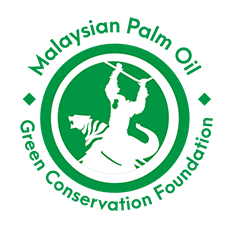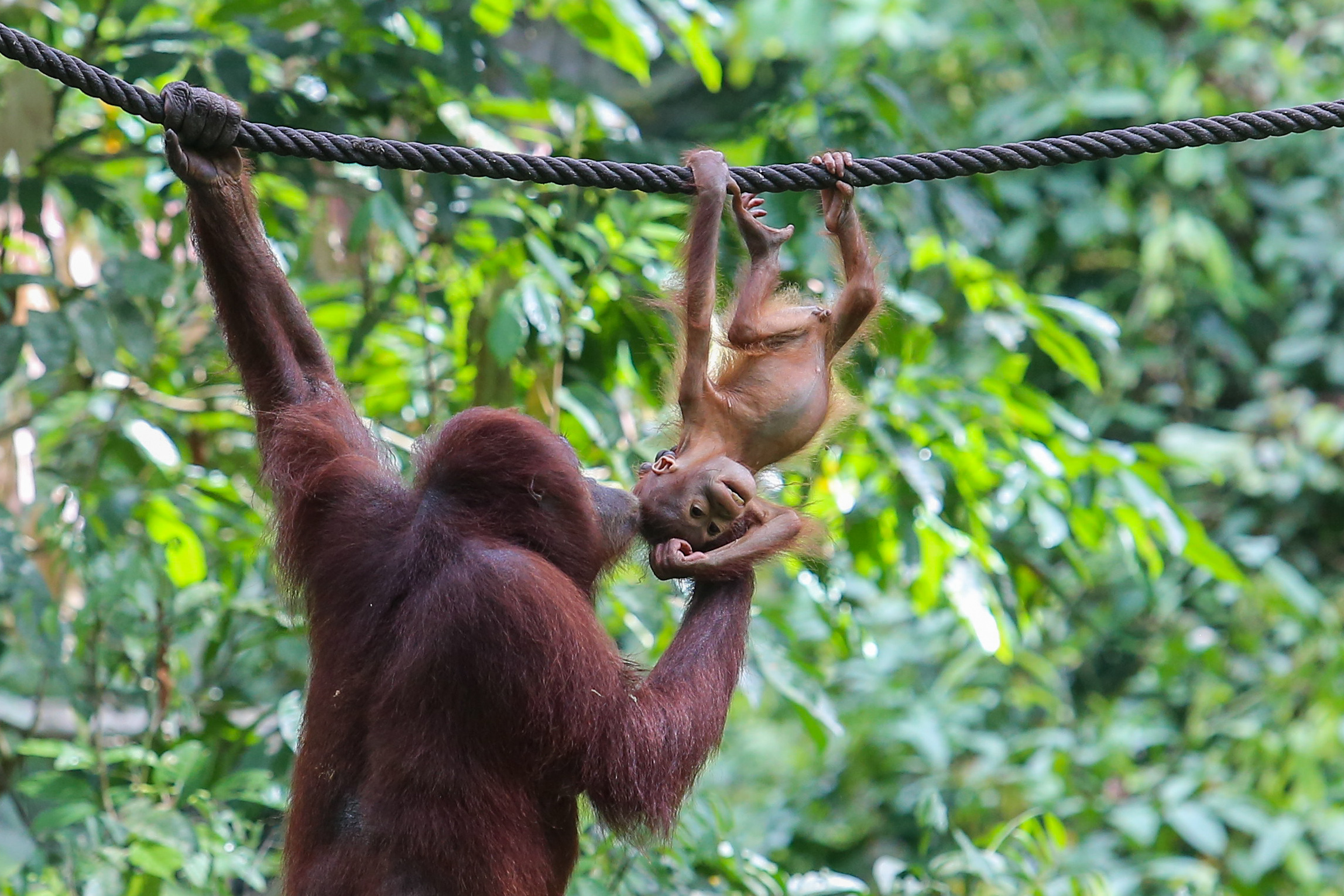SANDAKAN: The government will adopt an in-situ approach in implementing its ‘orangutan diplomacy’ in which all conservation activities will be done in the primates’ natural habitat, as part of an initiative by the Malaysian Palm Oil Green Conservation Foundation (MPOGCF).
Plantation Industries and Commodities Minister Datuk Seri Johari Abdul Ghani said conservation activities for the orangutan population will be done either in the jungles or forest clusters in oil palm plantations which are identified as High Conservation Value (HCV) areas.
“After discussions with relevant quarters in the palm oil industry, the initiative will adopt an in-situ approach.
“The orangutans will be free to roam, look for food resources and breed without any disruptions from human activity, farming as well as tourism activities,” he said in his speech at the launch of the World Orangutan Day 2024 celebration at the Sepilok Orangutan Rehabilitation Centre in Sandakan, here today.
The event was organised by the MPOGCF with cooperation from the Sabah Wildlife Department.
In-situ conservation means the conservation of ecosystems and natural habitats and the maintenance and recovery of viable populations of species in their natural surroundings.
Johari, at the Biodiversity Forum in May this year, had propagated the idea of ‘orangutan diplomacy’ as an initiative to correct the negative perception against Malaysia’s palm oil industry.
He said the idea received widespread coverage from both local and international media.
He said that under the programme, any importer of Malaysian palm oil worldwide can choose to adopt one or more orangutan as ‘foster animals’.
“The funds collected can be used to implement various related programmes. This would include working together with ranger teams comprising specialists to monitor the whereabouts, safety and condition of these primates,” he said.
Johari said in the highly competitive global cooking oil market, the palm oil industry is often targeted with baseless accusations by competitors and certain parties.
“Among these is the negative propaganda that the Malaysian palm oil industry is neither sustainable nor environmentally friendly.
He said that apart from elephants and tigers, the image of the orangutan is constantly being manipulated to influence the international community and create a false perception.
“According to the World Wide Fund for Nature (WWF) 2019 report, based on observations from May 2014 to March 2017, Sabah’s orangutan population was stable.
“To obtain the latest population estimates, MPOGCF had channeled an RM1.23 allocation to HUTAN, a Sabah-based non-governmental organisation, to fund a population study on the Borneo orangutan population from 2023 to 2025.
“Based on the latest figures, there are an estimated 10,000 to 15,000 orangutan in Sabah and some 2,000 orangutan in Sarawak,” he said.
Johari said the government consistently collaborates with Malaysian palm oil industry players to prioritise sustainability aspects in plantation operations, including across the supply chain.
He said to ensure that the entire palm oil industry complies with international sustainability standards, the government has made the Malaysian Sustainable Palm Oil (MSPO) certification mandatory for all growers, including estates and smallholders.
He said given that more than 80 per cent of the country’s palm oil production is for export markets, the MSPO certification scheme is an effective instrument to assure buyers of the sustainability and quality of the products they purchase.
“These efforts align with Malaysia’s commitment to the sustainability agenda, including achieving net-zero carbon emissions by 2050 (in the 12th Malaysia Plan).”
He also expressed his appreciation to Sawit Kinabalu Sdn Bhd, the Sabah government as well as the Sarawak government for their respective efforts in orangutan conservation.
Sumber: NEW STRAITS TIMES

